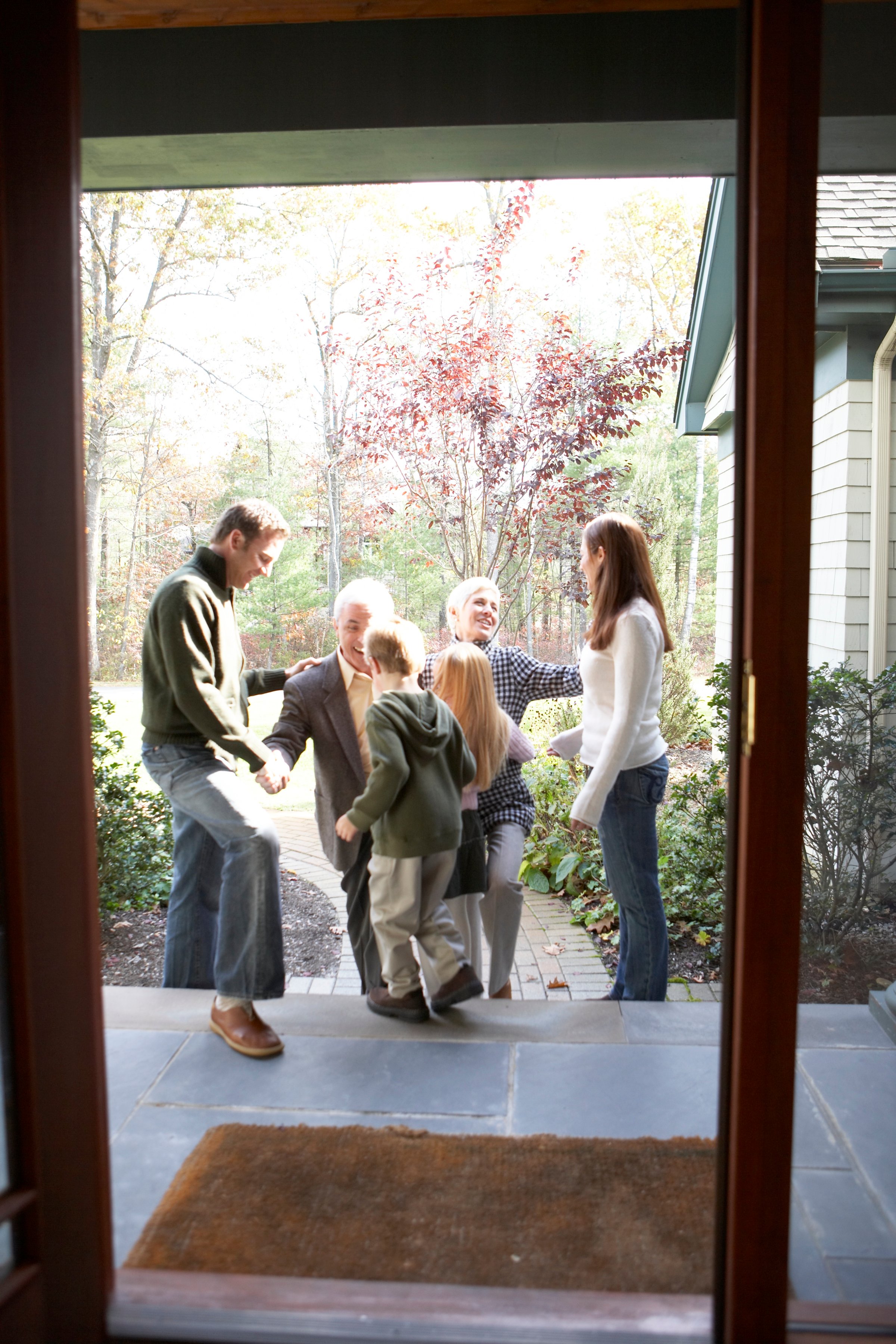
Summertime is prime time for family visits.
But much as we love our families, those visits can seem like the last thing a kid would want to do with their summer—and they can cause plenty of friction.
Making the most of a family visit isn’t just about trying to make everything goes smoothly, says Marshall Duke, professor of psychology at Emory. His team’s studies of kids’ connections with extended family uncovered an important principle: “the more kids know about their families, the stronger they are.”
So how can parents help start the conversations that give kids that deep family connection?
From the elementary age on, Duke says, the most important thing to do is simply make space for kids to hear family stories. At base, “these things happen because people are together,” says Duke. So instead of packing family vacations with back to back activities, make sure there’s some space to sit around and let the stories flow, whether that’s in the car, after a day at the beach, or simply over a meal. It’s not so much a matter of formal scheduling, Duke says, but of being on the lookout to “catch the opportunity—usually when everybody’s trapped.”
By middle school, says Duke, “kids want to know this stuff, but they also don’t want to know it.” Distractions come thick and fast at this age – especially digital ones. “Many families are declaring device free dinners,” Duke says, which allows the time to “sit down and share things about what happened in the history of the family.” Encouraging kids to ask questions is great, Duke says, “but you can’t count on them doing it.” One resource parents can check out: Duke’s research team’s list of 20 crucial questions on family history. Parents could work through the list with kids—or quietly engineer opportunities for kids to learn the answers by making sure the stories come up when kids are around.
By high school, kids may be old enough to start dealing with some of the harder aspects of family history—which seems to be where they actually learn resilience. “One of the things we know,” Duke says, “is that bad things are important as well.” Some family secrets, Duke says, are never passed on, “and sometimes that shows good judgment.” But kids need to know that every family faces hard times, and “that their family is a family that deals with bad things and rises above it.”
More Must-Reads From TIME
- The 100 Most Influential People of 2024
- The Revolution of Yulia Navalnaya
- 6 Compliments That Land Every Time
- What's the Deal With the Bitcoin Halving?
- If You're Dating Right Now , You're Brave: Column
- The AI That Could Heal a Divided Internet
- Fallout Is a Brilliant Model for the Future of Video Game Adaptations
- Want Weekly Recs on What to Watch, Read, and More? Sign Up for Worth Your Time
Contact us at letters@time.com